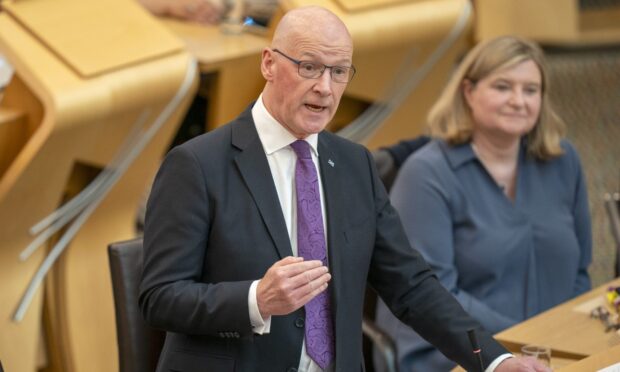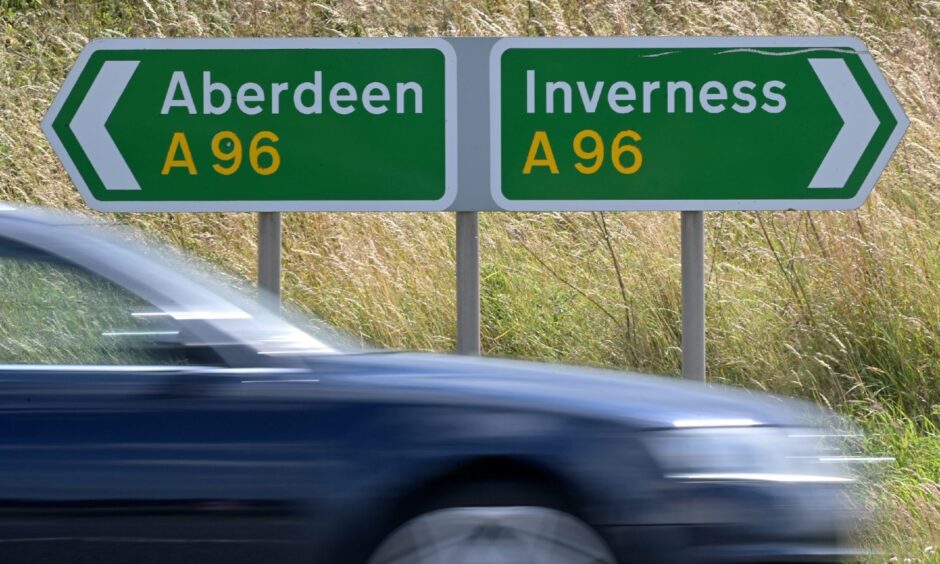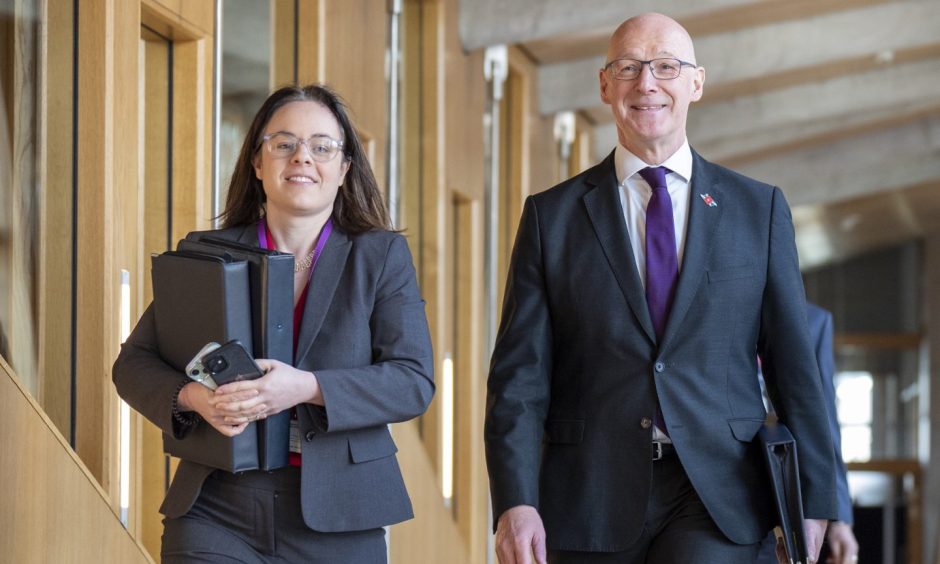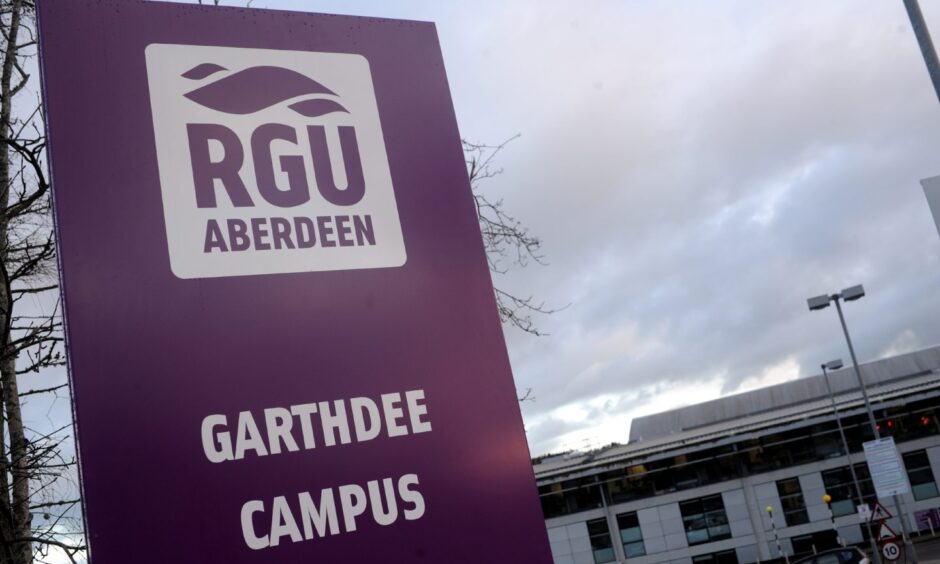John Swinney’s first year in power came with tough challenges, including backlash over road dualling, concern over the future of vital energy jobs and some political turbulence in his own SNP.
Thursday marks a full year since he became first minister – and he has his eye on staying in power 12 months from now.
So what have the highs and lows looked like so far?
Here we take a look at five key moments.
Jury is out on health
The first minister promised a “renewed and stronger” NHS will be at the heart of his government’s mission over the next year.
He wants to improve waiting times and significantly increase the number of available GP appointments.
But The Press and Journal’s new health survey outlines the sheer scale of the crisis the SNP leader must address.
Our investigation revealed the staggering number of NHS workers who feel the service has declined and how many patients are resorting to private.
One Culloden grandmother paid £17,000 for a private hip replacement and said she felt “betrayed” by the NHS.
Mr Swinney admitted “much more” progress is needed as he gears up for the NHS to become a crucial vote battleground.
Road dualling anger as A96 ignored again
The first minister was Alex Salmond’s finance chief when the SNP promised to dual the A9 and A96.
Yet more than a decade on those key commitments remain undelivered.
It’s feared the A96 will now never be fully upgraded between Aberdeen and Inverness.
Aberdeenshire Tory MSP Alexander Burnett claimed Mr Swinney had “betrayed” the north-east by not committing to the project in his statement to MSPs on Tuesday.
The first minister has faced angry calls to speed up planned upgrades to the A9 between Perth and Inverness.
As it stands the dualling project will not be completed until 2035 – 10 years later than expected.
But for anyone not too keen to travel by car on either route, there was one small saving grace from the first minister’s programme for government.
Mr Swinney confirmed peak rail fares will be scrapped for good from September.
Mixed record on SNP rebels
Highland MSP Kate Forbes retreated to the backbenches when Humza Yousaf defeated her to become first minister two years ago.
But Mr Swinney immediately brought her back into the fold last May – making her his No2.
He’s had much less luck quelling Inverness and Nairn MSP Fergus Ewing’s constant criticism.
The SNP veteran won’t stand for the party next May and has threatened to run as an independent candidate.
Will he continue to be a thorn in Mr Swinney’s side?
Energy strategy delay
The SNP first put forward its draft blueprint for the future of the energy sector in January 2023.
That included a proposed “presumption against” future oil and gas drilling licenses.
The first minister’s programme for government did not include a final strategy.
Mr Swinney is already under pressure from business chiefs to U-turn on this stance.
His party gave strong signals it was softening its stance on fossil fuels at last year’s Westminster election – criticising Labour’s position.
But the constant delays are being blamed for a lack of business confidence, and the warnings about job losses are just getting louder.
This is a tough one for the first minister, but he will have to find a way to make voters in the energy-dominated north-east happy – or watch on as opposition parties, and Reform, pounce.
Higher education crisis
Scotland’s higher education sector has been under immense pressure during Mr Swinney’s time in power.
Staff at Robert Gordon University in Aberdeen went on strike after more than 130 jobs were put at risk.
Aberdeen University chiefs have been exploring potential redundancies and a recruitment freeze due to rising costs of £4.7 million.
And students have been turned away from North East College Scotland because of a lack of funding as demand for places rises.
Mr Swinney’s government greenlit £22 million to struggling Dundee University.
But the first minister said funding pressure at Robert Gordon were in a “completely different category” to Dundee, where 700 jobs were at risk.
This problem shows all the signs of a crisis in the making – especially when money is so tight.
Watch out for this becoming a bigger problem as the months tick towards the Holyrood election.





Conversation